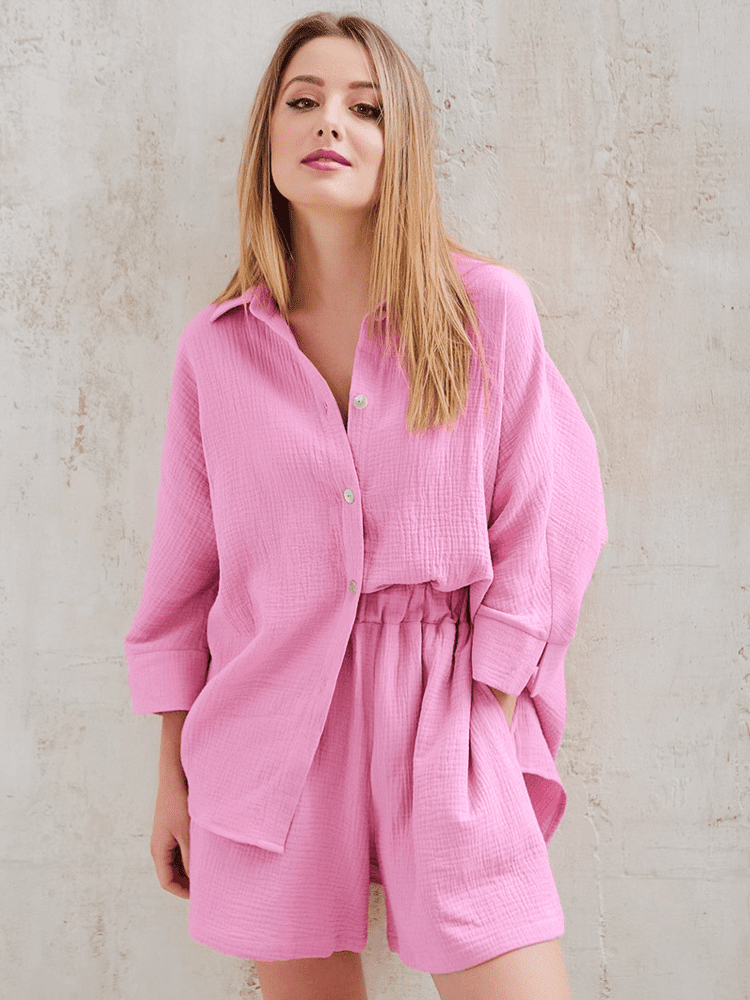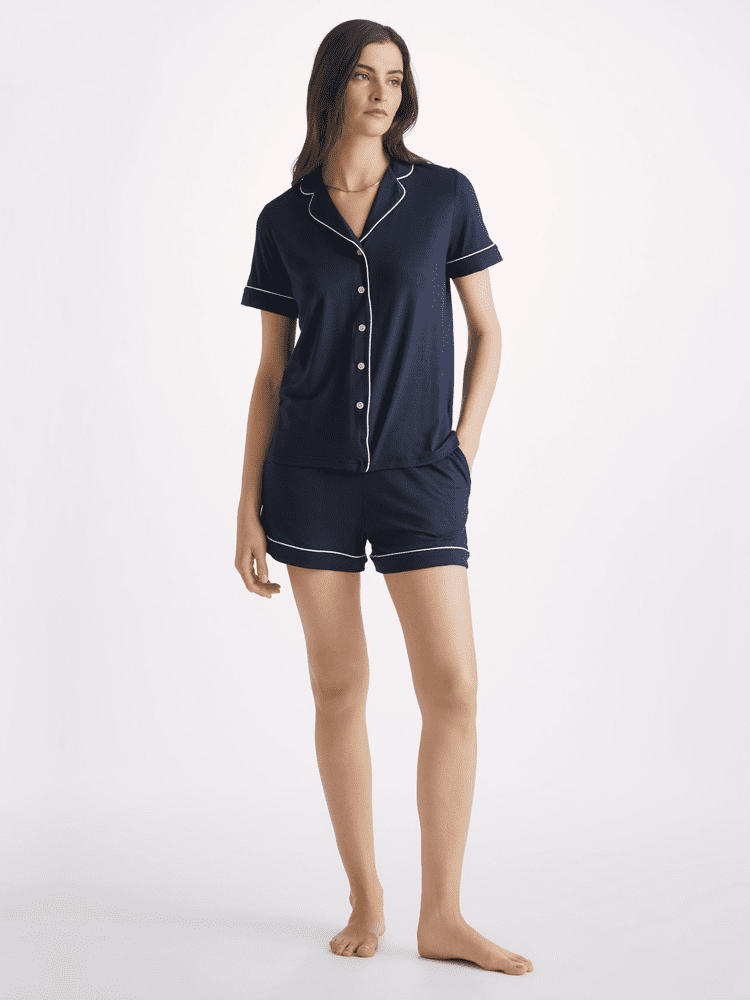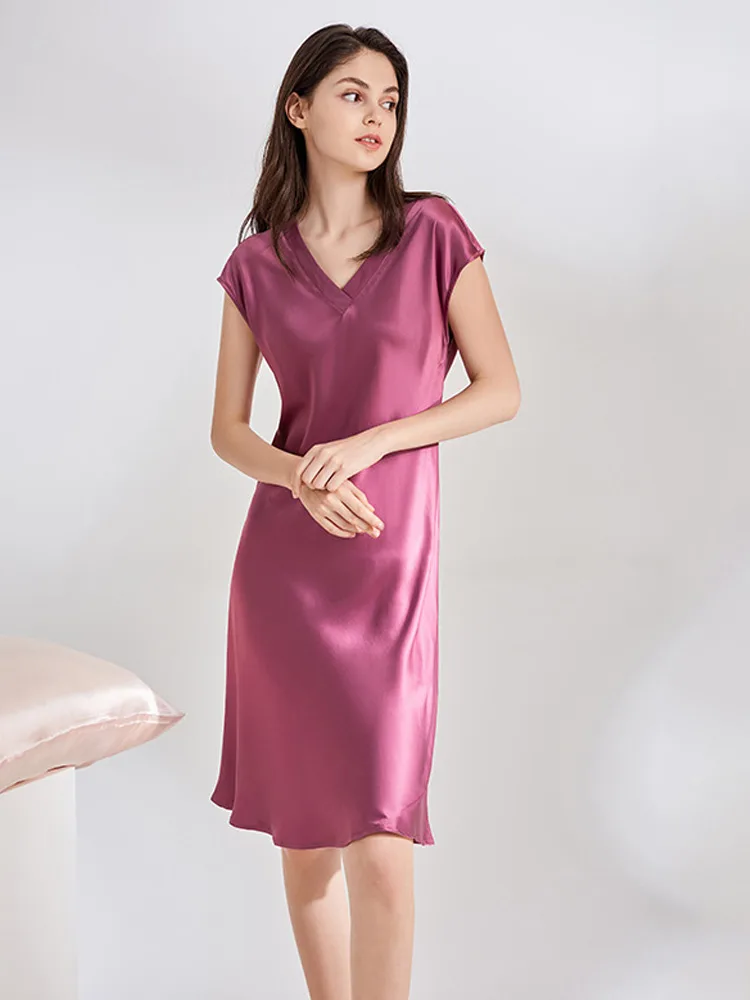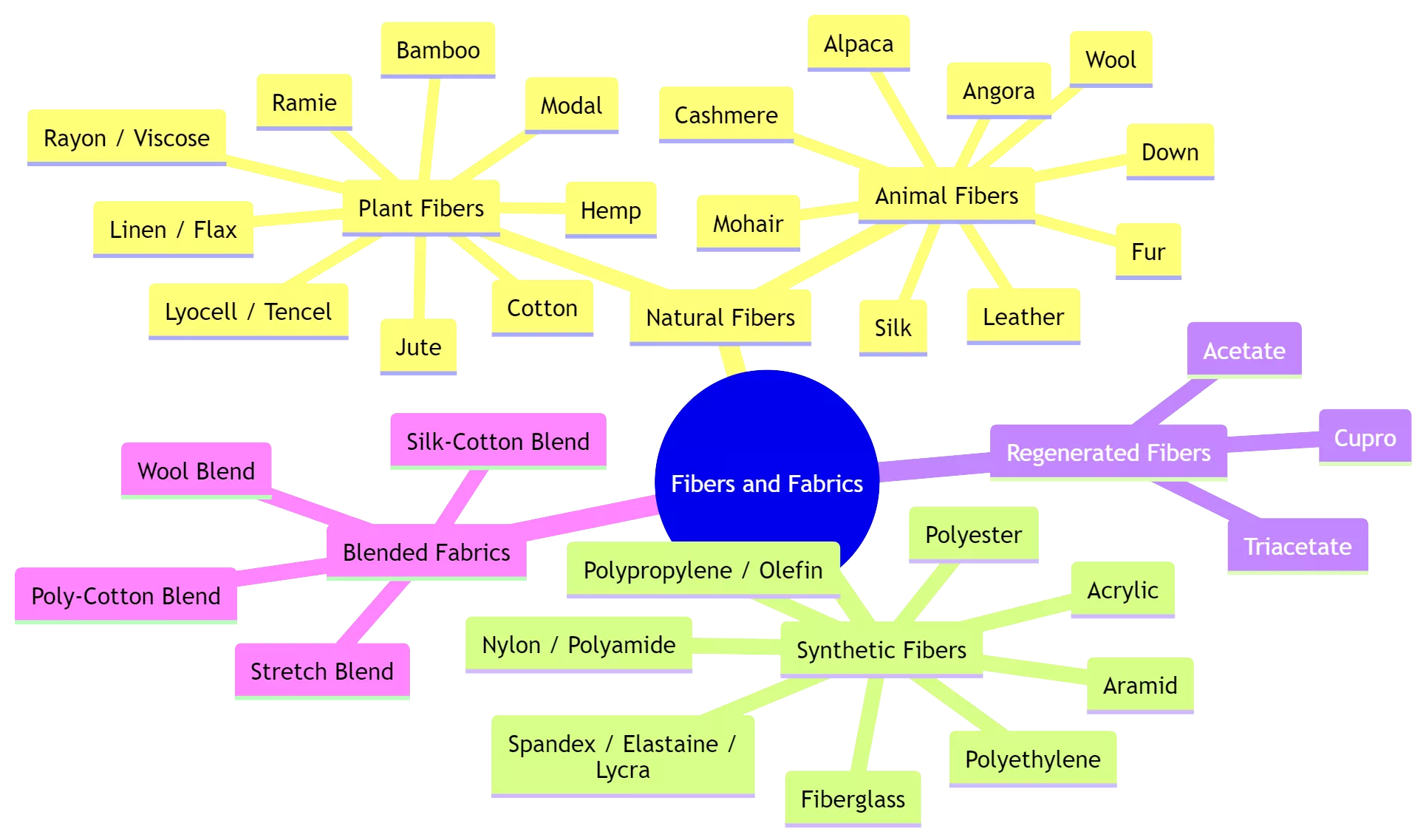Sustainable Fashion Delights: Explore Ethical Clothing Suppliers
Sustainable clothing suppliers have taken up the torch in the crusade against irresponsible consumption and production processes largely prevalent in the fashion industry. They subscribe to the concept of ethical and sustainable clothing, which essentially pertains to the manufacturing process that takes into consideration both the environmental and social impacts. In essence, it represents a holistic approach embodying fairness, equity, and sustainability, ensuring not just the welfare of the environment, but also of the individuals involved in the various stages of clothing production.
Sustainable manufacturers, such as Pjgarment.com, are at the forefront of this revolution, championing a transition from harmful and exploitative practices to more eco-friendly and ethical ones. Embracing organic materials, employing fairly paid labor, adhering to environmentally friendly manufacturing processes, and promoting recycling and reuse are just some of the strategies these sustainable manufacturers employ. Pjgarment.com, among other similar providers, serves as a beacon for the industry, proving that fashion can indeed be stylish, socially responsible, and environmentally sustainable.
The Rising Demand for Ethical Fashion
In recent years, fashion markets have seen an undeniable shift in consumer preference towards ethical and sustainable options. A vital part of this shift is the ever-increasing demand for sustainable clothing manufacturers for small businesses. The amplifying clamor for ethically produced fashion does not only reflect environmental one-upmanship but indicates a deeper awareness of environmental accountability. Consumers are more enlightened about their choices, realizing that opting for ethical fashion practices contributes to a greener ecosystem.
Interestingly, this upswing in demand for ethical fashion does not solely reside in the developed markets. Emerging markets such as South Africa are also showing considerable progression in this area. An influx of sustainable clothing suppliers in South Africa is a testimony to this fact. These suppliers are not only meeting the demands of the local markets, but also exporting to international markets, thereby making a global impact. Such developments signify the increasing global market share of sustainable clothing companies and the promising future of ethical fashion.
Breaking Down the Supply Chain of Sustainable Clothing Suppliers

The supply chain of sustainable clothing is a trending topic within the industry, harnessing a diverse amalgamation of actors, operations and processes. At the heart of this intricate mechanism are sustainable fabric suppliers. Their role is pivotal in facilitating the organic growth of ethically sourced materials, primarily cotton, hemp and bamboo. Furthermore, they have the responsibility to ensure that each harvested material is free of pesticides, destructive dyeing methods and harmful chemicals, thereby ensuring that these materials conform to the principles of sustainability even before they are crafted into garments.
Sustainable clothing suppliers operate as significant intermediates, acting as conduits responsible for sourcing and distributing ethically made garments to meet the soaring demand. These suppliers, often working in direct collaboration with sustainable fast fashion brands, provide garments that are eco-friendly, ethically produced, and promoted under the banner of sustainability. Their job includes approving quality, traceability, auditing production sites for labor practices, and overseeing the distribution of the finished product. In essence, sustainable clothing suppliers are the final echelon ensuring the overall sustainability of the product, bridging the gap between sustainable fabric suppliers and sustainable fast fashion brands.
Significance of Sustainable Manufacturers in the Fashion Industry
Sustainable clothing wholesale suppliers play a critical role in the fashion industry, acting as a bridge between producers and consumers while also setting a benchmark for sustainable practices. They provide the crucial link in the supply chain where raw materials are responsibly sourced and transformed into eco-friendly apparel. Their commitment to ethical sourcing and production shows a direct response to the global call for greener practices, especially in the notoriously ‘polluting’ fashion industry.
Moreover, sustainable clothing suppliers based in the UK are leading the charge, setting global standards in eco-friendly manufacturing. They utilise both cutting-edge technology and traditional methods to ensure that production processes are as environmentally friendly as possible. Their significant contribution is not only transforming the fashion industry but also steering it towards a more sustainable path. This transition is greatly assisted by sustainable clothing wholesale suppliers in the UK, who continue to prioritise quality, ethics, and sustainability in an effort to drive the industry forward.
Assessing the Impact of Sustainable Clothing Companies on the Environment
A marked shift towards a cleaner, more environmentally friendly fashion industry has been observed in recent years, led by sustainable clothes companies. These companies prioritize natural, organic materials sourced ethically, which results in less damage to the environment than conventional textile production methods. Sustainability efforts by these companies also involve a focus on the reduction of carbon emissions, improvement of production methods, and use of minimal water resources throughout the manufacturing process.
A significant contribution to this eco-friendly movement is also made by sustainable clothing wholesale suppliers in North America. With sustainable clothing wholesale suppliers in USA and Canada showing a greater interest in sourcing responsibly manufactured apparels, the ripple effect is seen both domestically and internationally. Their commitment to ethical sourcing and responsible business practices not only improves the ecological footprint of their respective countries but also promotes a higher standard in the fashion industry worldwide. Through their efforts, they are setting a high benchmark of environmental responsibility for other industries to follow.
Embracing Ethical Fashion: A Step Towards Sustainability

Sustainable fashion has been making its mark worldwide, and in no place is this more prominent than in the UK. Clothing manufacturers in the UK have recognised the necessity of adapting ethical practices in their design and manufacturing process. They understand that consumer demands have shifted vastly – the modern consumer no longer prioritises just style or price. This age of conscious consumers demands ethical sourcing, fair trade practices, and sustainability in their attire, pushing UK-based clothing manufacturers to adjust their operations and values accordingly.
On another note, sustainable fashion doesn’t only imply eco-friendly materials and methods, but also includes fair labour practices and wages. Many clothing manufacturers in the UK are leading the charge by not only applying sustainability in their production but also ensuring worker’s rights and well-being. This holistic approach to sustainability extends to all aspects of the supply chain, demonstrating that the concept of sustainable fashion integrates economic, social, and environmental dimensions. Thus, embracing ethical fashion is not just a step but a giant leap towards sustainability in the global fashion realm.
The Role of Sustainable Clothing Suppliers in Reducing Fashion Waste
Sustainable clothing manufacturers, such as those operating in Portugal, play a significant role in curbing fashion waste. By focusing on eco-friendly production processes, these manufacturers make a conscientious effort to reduce the amount of waste generated during clothing production. Notably, they emphasize resource efficiency and utilize high-quality, durable, natural materials. This not only lengthens the lifespan of individual garments but also significantly reduces the need for throwaway fashion – a major contributor to fashion waste.
On the other hand, organic clothing wholesale suppliers and sustainable distributors are equally instrumental in this endeavour. They are the vital bridge, connecting consumers with sustainable fashion options. They actively promote the purchase and use of ethically-produced and environmentally-friendly clothing, in contrast to short-lifecycle and disposable fashion. Through education and advocacy, they stimulate demand in the market for sustainable clothing, spurring manufacturers to adopt more eco-friendly and responsible practices. The harmonious synergy between sustainable clothing manufacturers and suppliers paves the way for reducing fashion waste.
Prominent Sustainable Fashion Brands Making a Difference
Renowned for their commitment to ethical principles and sustainable practices, many fashion brands are paving the way for a more responsible industry. Patagonia, for example, is widely recognized for its dedication to environmental preservation, producing sustainable attire and investing proceeds in eco-friendly initiatives. Another standout brand is Alternative Apparel, known for its sustainable clothing wholesale operations implementing resource-saving methodologies in their production, such as using organic cotton and recycled materials.
Pjgarment.com, a luxury brand, makes a substantial impact in this sector by recycling clothing materials and supporting human rights. Moreover, the brand People Tree, a pioneer in sustainable Fair Trade fashion, collaboratively works with artisans and farmers in the developing world to produce a collection of ethical and eco-friendly apparel. These companies, alongside others, contribute significantly to the demand for sustainable clothing wholesale and inspire other fashion enterprises to follow the path of sustainability and ethical conduct.
• Stella McCartney, a fashion brand with a strong commitment to sustainability and ethical practices, is another prominent name in the industry. The label has always been fur-free and leather-free since its inception, demonstrating an unwavering dedication to animal rights.
• Everlane is also worth mentioning for their “radical transparency” approach which ensures that every step of their supply chain is ethical and sustainable. They are committed to using high-quality materials while minimizing waste in production.
• Swedish brand H&M has made considerable strides towards sustainability through its Conscious Collection. This range uses organic cotton and recycled polyester, reinforcing the company’s dedication to reducing environmental impact.
• Reformation is another leading sustainable fashion brand known for tracking its environmental footprint by measuring water usage, carbon dioxide emissions, and waste generation during production processes.
• Levi Strauss & Co., one of the oldest names in denim manufacturing, has shown significant efforts toward sustainability by implementing water-saving techniques in denim washing processes.
In conclusion:
– These brands continue to set examples of how it’s possible for large-scale manufacturers to produce stylish clothing without compromising on ethics or damaging the environment.
– Their efforts highlight the importance of making conscious choices when purchasing clothes – reminding us all that we have a role to play in promoting sustainable fashion.
– By supporting these brands as consumers, we can contribute significantly towards creating an environmentally friendly future for our planet.
Transitioning to Ethical Fashion: Challenges and Solutions

Despite the evident need and rising demand for ethical fashion, there exist multiple challenges in the industry’s shift towards sustainability. Major industries often resist change, and the fashion sector, with its historically rampant use of raw materials and fast-fashion practices, is no exception. The initial challenge lies in uprooting traditional norms and practices that are deeply ingrained in the industry, such as the excessive reliance on low-cost labour and cheaper materials. Moreover, generating awareness among consumers about the implications of fast fashion and the need for ethical practice is another significant obstacle.
However, as daunting as these challenges may seem, feasible solutions also exist. One proactive measure is the implementation of strict regulations and standards regarding material sourcing, labour conditions, and waste management in the fashion industry. This would pressure manufacturers to adopt ethical practices and prioritize sustainability. Another possible solution is leveraging technology and innovative processes. Techniques such as using recycled materials for production and developing efficient supply chains can dramatically reduce the industry’s environmental footprint. Education plays a pivotal role too. By informing consumers about the impact of their purchases, we can drive them to make conscience-driven decisions and support ethical fashion brands.
The Future of Fashion: A Shift towards Sustainability and Ethical Practices
A key transformation is underway in the landscape of the fashion industry. As consumers become more aware of the environmental and social impacts of their purchases, they are demanding more sustainable and ethical practices from brands. Companies that fail to meet these expectations risk damaging their reputation and losing customer loyalty. Therefore, the industry is witnessing a shift towards more sustainable business models, with a heavier emphasis on ethical sourcing, production, and disposal of garments.
The fashion industry will not only adopt sustainable practices as a token gesture but will also integrate them into every aspect of their business operations. This includes revising their supply chains, reducing waste, promoting recycling, and ensuring fair labor practices. Ethical practices will no longer be optional, but rather, a necessary business strategy. The onus is on fashion brands to redesign their future by placing social responsibility and environmental sustainability at the heart of their business strategies. This evolution will contribute significantly to a more sustainable and eco-friendly future.
FAQs
What is the meaning of ethical and sustainable clothing?
Ethical and sustainable clothing refers to garments that are produced with respect for the environment and the people involved in the production process. This may include using eco-friendly materials, ensuring fair wages and safe working conditions, and minimizing waste and carbon emissions.
How is the demand for ethical fashion changing?
The demand for ethical fashion is on the rise, as more consumers are becoming aware of the environmental and social impacts of the fashion industry. People are seeking out brands that align with their values and are willing to pay more for products that are sustainably and ethically produced.
How important are sustainable manufacturers in the fashion industry?
Sustainable manufacturers play a pivotal role in the fashion industry, as they are able to produce garments that are environmentally friendly, ethical, and high-quality. They can influence the industry’s overall impact on the environment and the wellbeing of workers in the supply chain.
What is the environmental impact of sustainable clothing companies?
Sustainable clothing companies strive to minimize their environmental impact by using eco-friendly materials and production methods, reducing waste, and offsetting their carbon emissions. This can significantly reduce the fashion industry’s contribution to climate change and environmental degradation.
Why is it important to embrace ethical fashion?
Embracing ethical fashion is a step towards sustainability. It not only reduces the environmental impact of the fashion industry, but also promotes fair trade and human rights in the supply chain.
How can sustainable clothing suppliers help to reduce fashion waste?
Sustainable clothing suppliers can reduce fashion waste by using materials more efficiently, creating durable products that last longer, and promoting circular economy practices such as recycling and upcycling.
Could you name some sustainable fashion brands that are making a difference?
There are many sustainable fashion brands that are leading the way towards a more ethical and sustainable industry. Some notable examples include Patagonia, Pjgarment.com, and Veja.
What are the challenges in transitioning to ethical fashion and how can they be overcome?
The challenges in transitioning to ethical fashion include higher production costs, market resistance, and lack of consumer awareness. These can be overcome by improving supply chain transparency, educating consumers, and advocating for policy changes.
How do you foresee the future of fashion transitioning towards sustainability and ethical practices?
The future of fashion is expected to see a major shift towards sustainability and ethical practices, driven by consumer demand, industry innovation, and regulatory pressures. This will likely transform the way garments are produced and consumed, making the fashion industry more circular and responsible.



